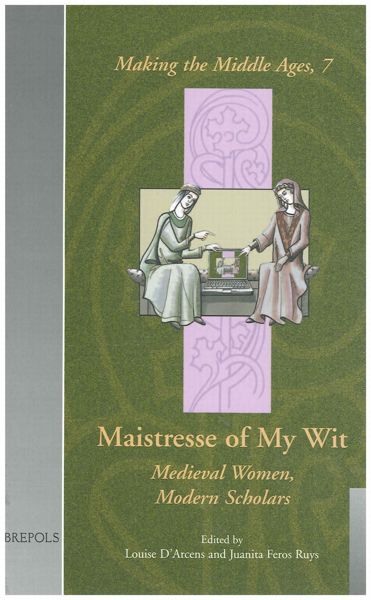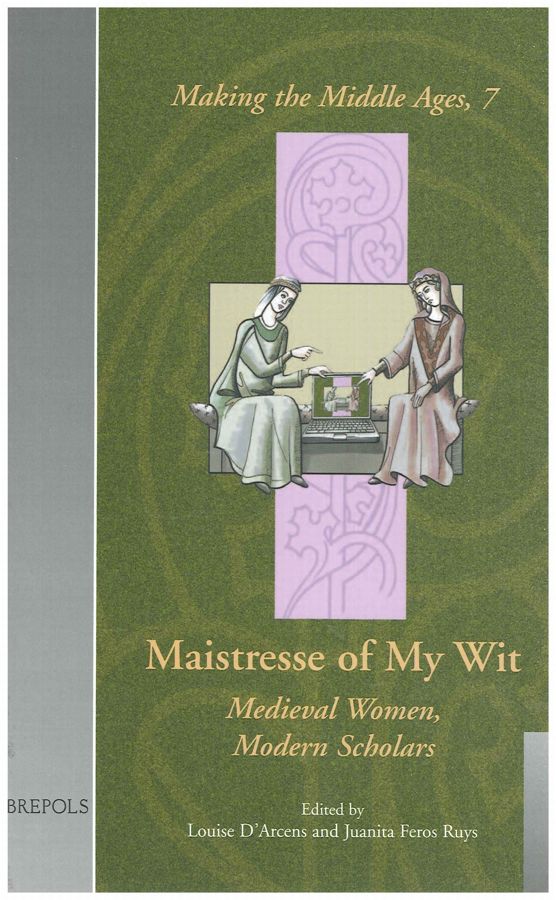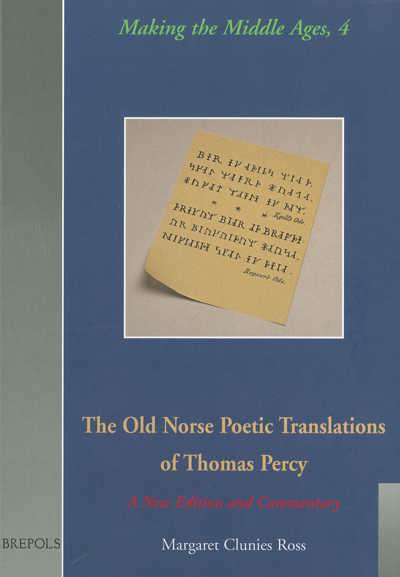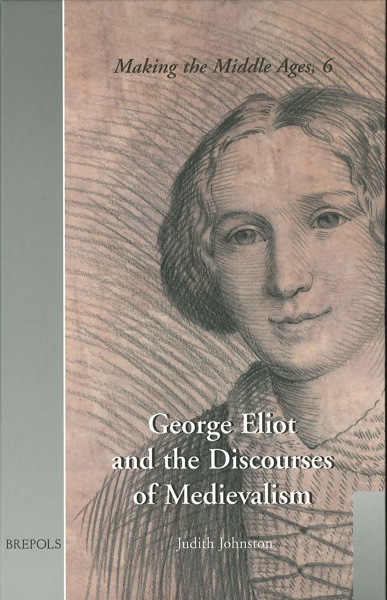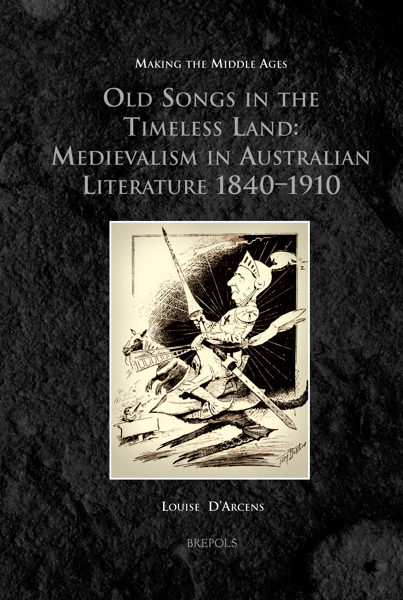
- Pages: 384 p.
- Size:165 x 245 mm
- Language(s):English
- Publication Year:2004
- € 40,00 EXCL. VAT RETAIL PRICE
- ISBN: 978-2-503-51165-8
- Hardback
- Available
- € 40,00 EXCL. VAT RETAIL PRICE
- ISBN: 978-2-503-53816-7
- E-book
- Available
This volume explores the reciprocal relationships that can develop between medieval women writers and the modern scholars who study them.
"The editors' courage to explore the mutually enriching qualities of medievalism and feminism and the various interconnections between medieval and contemporary women (and men) deserves the highest praise. Indeed, I would go so far as to recommend this volume to any and all students who are thinking of making the Middle Ages their primary area of academic research." (R. Utz in The Medieval Review, 16/02/2005)
This volume explores the reciprocal relationships that can develop between medieval women writers and the modern scholars who study them. Taking up the call to 'research the researcher', the authors indicate not only what they bring to their study from their own personal experience, but how their methodologies and ways of thinking about and dealing with the past have been influenced by the medieval women they study. Medieval women writers discussed include those writing in the vernacular such as Christine de Pizan and Margaret Paston, those writing in Latin such as Hildegard of Bingen, Heloise, and Birgitta of Sweden, and the works transcribed from women mystics such as Margery Kempe, Hadewijch, and Julian of Norwich. Attention is also given to medieval women as the readers, consumers and patrons of written works. Issues considered in this volume include the place of ethics, interestedness and social justice in contemporary medieval studies, questions of alterity, empathy, essentialism and appropriation in dealing with figures of the medieval past, the permeable boundaries between academic medieval studies and popular medievalism, questions of situatedness and academic voice, and the relationship between feminism and medieval studies. Linked to these issues is the interrelation between medieval women and medieval men in the production and consumption of written works both for and about women and the implications of this for both female and male readers of those works today. Overarching all these questions is that of the intellectual and methodological heritage - sometimes ambiguous, perhaps even problematic - that medieval women continue to offer us.
